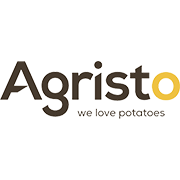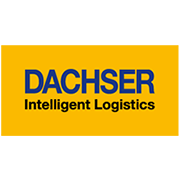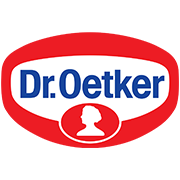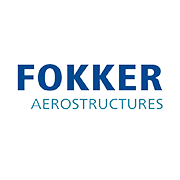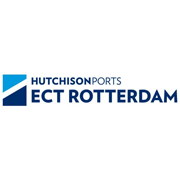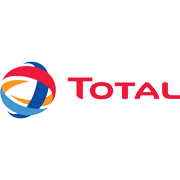What is ROI?
Return on investment (ROI) is a metric used to evaluate the performance of investment, showing how much value you have gained from your investment. This information is useful for justifying the investment made, evaluating the savings it has generated over time, or budgeting for future investments.

What impacts the ROI of an EAM system?
Calculating the value of an EAM system can be complex because some of the most valuable benefits, such as improved knowledge-sharing or easy access to operational data, enable a range of improvements across the organization, from the production floor to the boardroom. Sometimes, it’s easy to put a number on the benefit achieved, for example, in terms of hours saved when eliminating the need for manual reporting. Introducing EAM might’ve changed the entire way the organization works but assigning a monetary value to a positive cultural change can be difficult.
The value of Enterprise Asset Management
The widely used formula for calculating ROI for EAM is simple:
(Value delivered by EAM – Cost of EAM) ÷ Cost of EAM = ROI
The value of EAM is the monetary value of all the savings the software has helped generate. Here are some illustrative examples of factors that add to the value of EAM:
- If the EAM system eliminated the need for paper-based reporting, enabling you to digitally manage your documents and save time looking up information, it might save a mid-size enterprise 7 hours of reporting time each day. Employees could then use the time formore value-adding tasks.
- If performing pre-planned maintenance had previously resulted in one hour of downtime each week and the data provided by the EAM solution enabled better planning and smart maintenance, the number of shutdowns could be reduced. With just one hour of planned downtime per month, the production lines could run for three extra hours each month. This would give a significant boost to profitability.
- If the EAM solution enabled mobile working so that staff didn’t have to return to the office between jobs, one technician could carry out five more repairs in a day.
- Or if the EAM software was used to optimize inventory management, it would help prevent missteps and unnecessary downtime relating to stock. In addition to ensuring that you always have the correct number of spare parts in stock, the software also helps prevent overstocking, reducing unnecessary costs.

The cost of EAM is the purchase price of the EAM software, including all the costs related to operating, training, additional programs, the implementation process, etc.
If the result of the calculation is above zero, the investment is generating value. How quickly you get to this stage depends on the size of the investment, the requirements of the application, and the capabilities of the software chosen. Ultimo’s EAM solution is known for rapid deployment, giving you quick access to the benefits it can deliver.
It is essential to bear in mind that generating value takes time. That’s why the improvement should be measured at appropriate intervals to get an accurate idea of how the software performs. A few months after implementation, training might still be ongoing, or the operators might not have had time to act on the information gathered by the EAM system. Six months later, the improvements should be more visible and even more prominent a year on. In the first couple of months following the implementation, the ROI figure is often negative. This doesn’t mean that the EAM system is not having a positive impact on the organization; it simply means that values have not yet outweighed the cost of the software: the expected payback time depends on the size of the implementation and the types of processes the EAM is used to optimize.

Learn from your peers
Customer case studies provide real-life examples of what ROI companies have achieved with their EAM system. This gives vital insight to guide the EAM software selection process. When evaluating your EAM provider, find out how quickly customers in your sector are typically seeing ROI.
Here are some highlights from our customers, showcasing how quickly they started seeing return on their investment!
Food Processing
Zandvliet, a provider of meat products for butchers and retailers – ROI of under 6 months: Adopting IFS Ultimo allowed the company to move from corrective to preventive maintenance, increase hands-on-tool time, and achieve significant cost savings immediately after implementation.
Chemical Sector
Global chemical manufacturer BASF Netherlands – payback period of approximately 2 years: the company achieved through improving compliance with regulation, centralizing critical information to optimize ease of use, and enhancing collaboration between teams.
Logistics
Hutchison Ports ECT Rotterdam – payback period of under 2 years: the organization leveraged IFS Ultimo’s EAM platform to create a fully integrated workflow for all key processes, while the mobile solution helped realize further improvements in efficiency and reliability.
Editions
We offer a subscription plan that meets your needs. With predefined industry solutions, we guarantee a best-practice solution for your industry. Out-of-the-Box, yet extremely flexible. Experience an unmatched ROI through quick implementations, seamless integrations and self-service application management.




